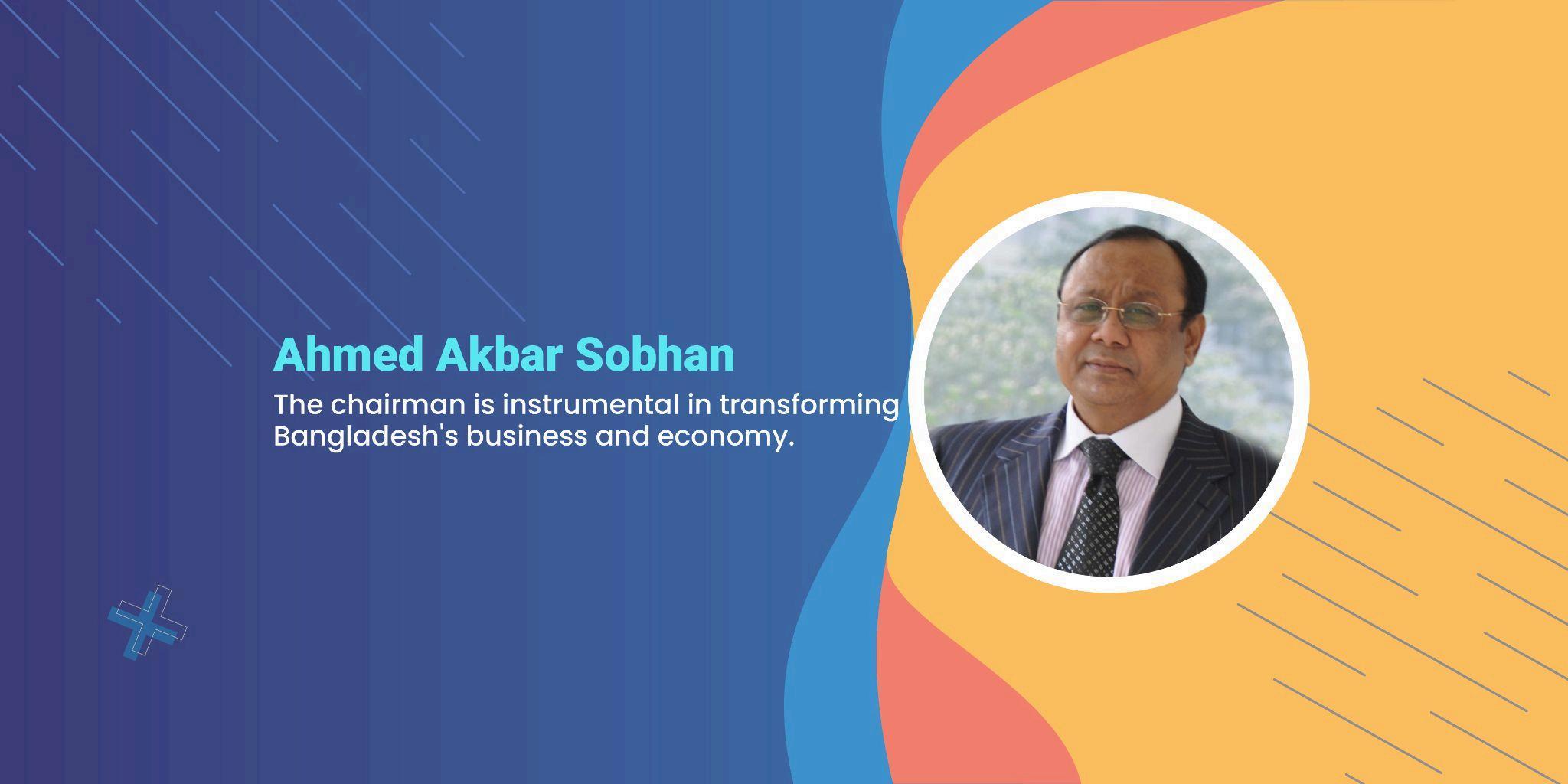Staying Human in a Machine-Driven World: Executive Leadership in the AI Era by
Ahmed Akbar Sobhan

In a time when artificial intelligence is rapidly transforming the workplace, executives' roles have evolved into more than just leading companies, they’re now about preserving the human essence of leadership. As automation accelerates and algorithms take over decision-making processes once driven by intuition and experience, leaders must adapt without losing their effective traits: empathy, ethical judgment, and emotional intelligence,as defined by Ahmed Akbar Sobhan.
AI can process massive datasets, identify patterns, and predict outcomes quickly and accurately. Yet, it cannot replicate the uniquely human ability to inspire, motivate, and lead with compassion That’s why today’s most successful executives integrate AI into their strategies while doubling down on their humanity. They use technology not to replace people but to free them to do more meaningful work, empowering teams to think creatively, solve complex problems, and develop emotionally intelligent solutions
To remain relevant, leaders must also become learners Lifelong learning is no longer optional it’s essential Executives must be tech-literate, if not tech-savvy, to understand how AI tools impact operations, decision-making, and customer experiences. However, they must also stay grounded in the values and vision guiding their leadership Authenticity and adaptability are
the cornerstones of leading the digital age, helping executives build trust in a world increasingly relying on virtual interactions and machine-driven outputs.
Another critical shift is how leaders communicate. In a hyperconnected, data-rich environment, transparency and clarity matter more than ever Employees and stakeholders alike expect leaders to explain not only the “what” and “how” of AI adoption but also the “why” This includes addressing concerns about job displacement, data privacy, and ethical boundaries. Leaders must model responsible AI use and create cultures where innovation thrives alongside accountability
The most powerful move an executive can make is fostering connection Even as teams become more distributed and reliant on AI-powered systems, human connection remains a fundamental driver of engagement and performance. By prioritizing psychological safety, inclusiveness, and empathy, leaders can ensure their organizations stay grounded and forward-looking.
In the age of AI, it’s easy to be dazzled by the promise of technology But the future will belong to those who lead with heart and head those who understand that relevance isn’t just about adapting to machines but about staying rooted in what it means to be human
